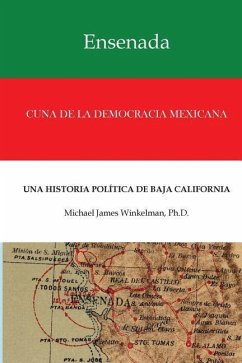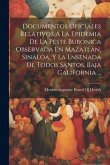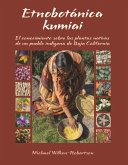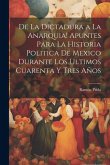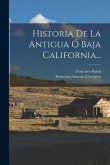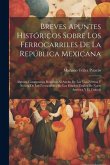This book examines the claim that Ensenada, Baja California Mexico is the "birthplace of Mexican democracy." Historical analyses demonstrate that democratic tendencies are deeply rooted in the past of Ensenada. From its inception Ensenada was distinct from the rest of Mexico, a distinctiveness born from the foreign influences that gave Ensenada its democratic tendencies. These democratic tendencies provided the foundations that gave rise to a peaceful democratic revolution that began first in Ensenada, then spread to Baja California, and finally to all of Mexico, when the Partido de Acción Nacional swept the institutionalized party from power in the 2000 elections. This book examines the political changes in Ensenada across the 19th and 20th centuries, beginning with the 18th century foundations of the northern Baja California region by the missionaries, the ranching developments and filibuster movements of the 19th century (Chapter 2); the American and British colonization of the Ensenada region (Chapter 3); the autonomous developments during the Mexican Revolution (Chapter 4); the rise of the entrepreneurial class during American Prohibition (Chapter 5); the regional developments spurred by the Great Depression and World War II (Chapter 6); the heightening of local dissatisfaction during the early statehood period for Baja California (Chapter 7); and the democratic political revolution that took place in Ensenada and Baja California during the 1980's and 1990's (Chapter 8). This success in democracy with the election of Ernesto Ruffo Appel as mayor of the municipality of Ensenada in 1986 was a stepping-stone to his becoming the first opposition party governor in modern Mexico with his election in 1989. As governor Ruffo Appel instituted electoral reforms that propelled national electoral reforms which are seen by some political observers as leading to the history making election of PAN party candidate Vicente Fox as president of Mexico in 2000, ending the 71-year rule of Mexico by the PRI. This dramatic change in national politics inspired some in Ensenada to claim that their town is the "birthplace of Mexican democracy," with Ruffo Apple's election propelling the radical political changes that swept through Mexican national politics in the following decade.
Hinweis: Dieser Artikel kann nur an eine deutsche Lieferadresse ausgeliefert werden.
Hinweis: Dieser Artikel kann nur an eine deutsche Lieferadresse ausgeliefert werden.

